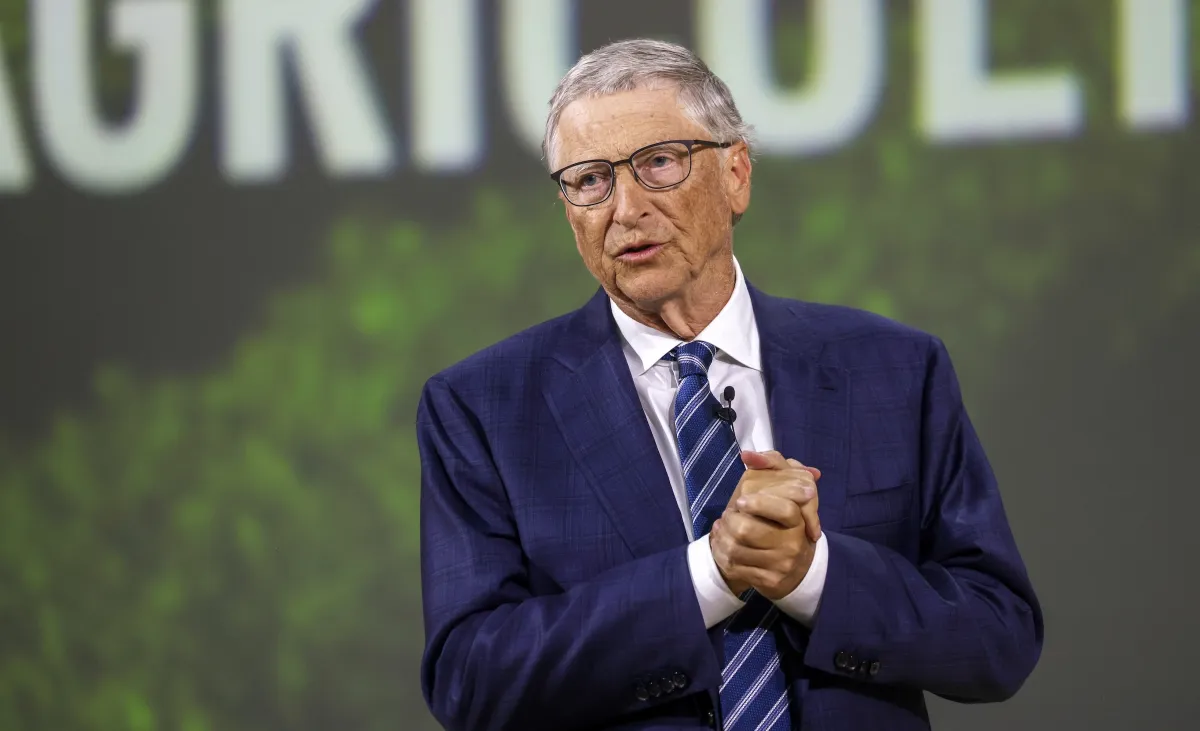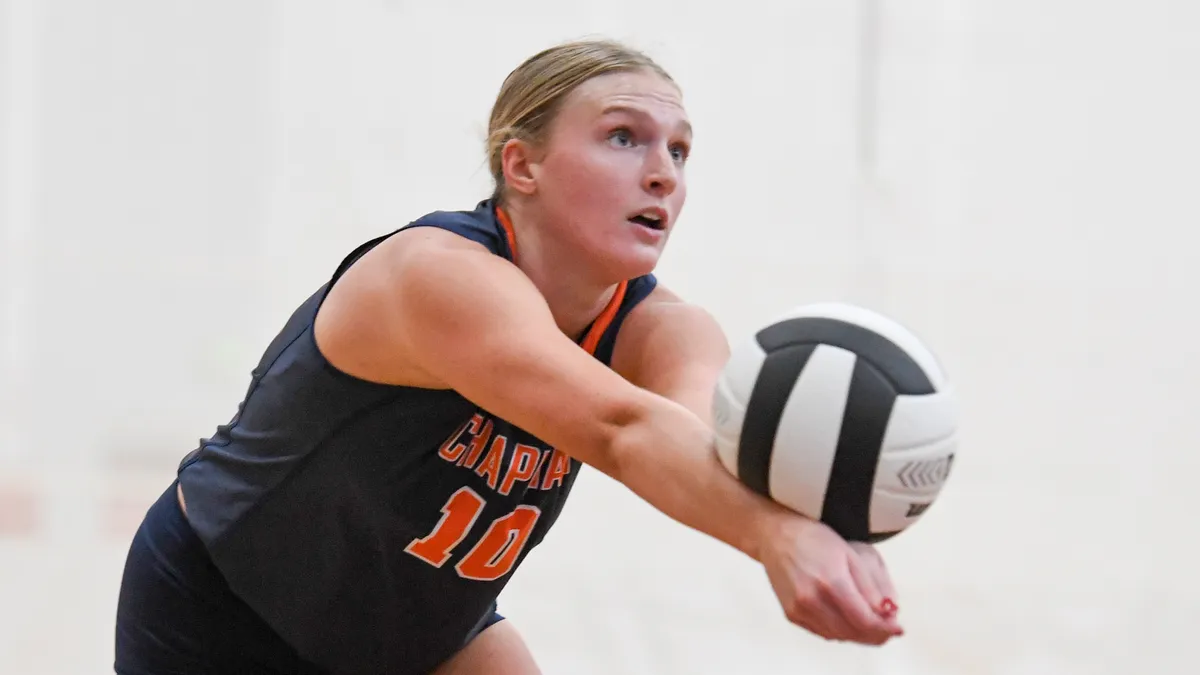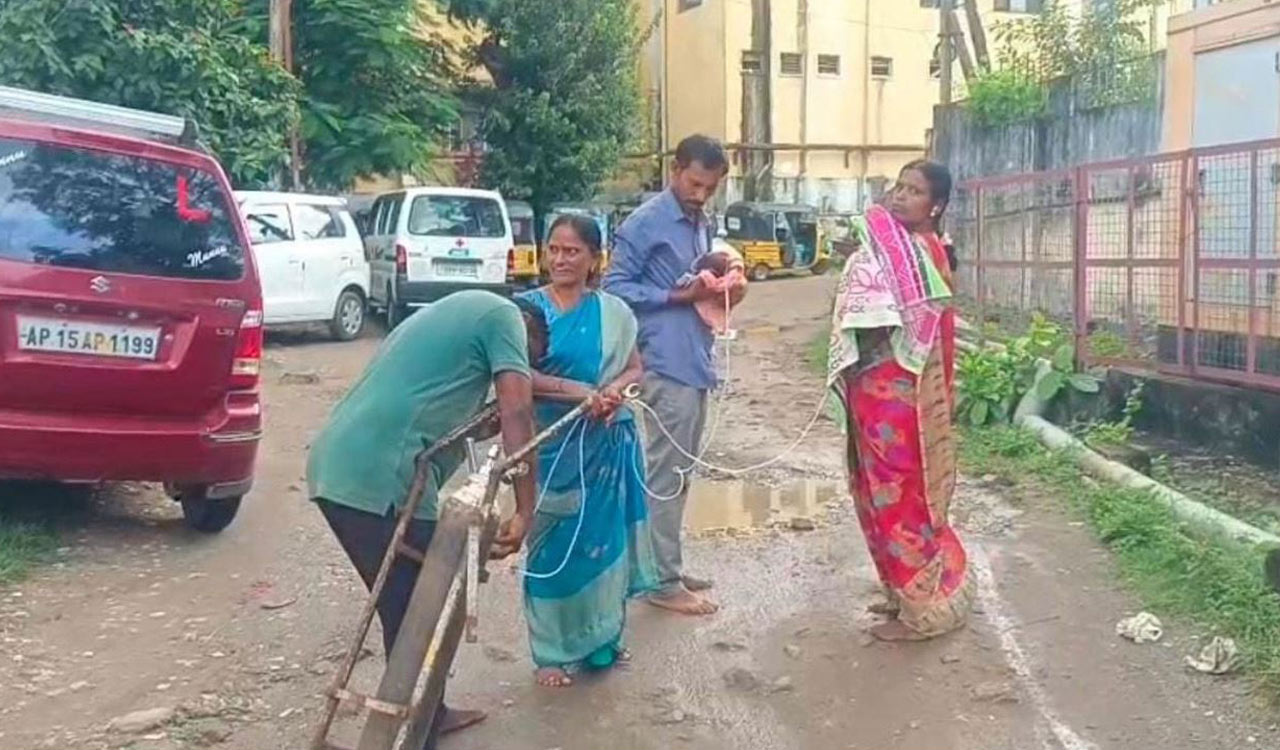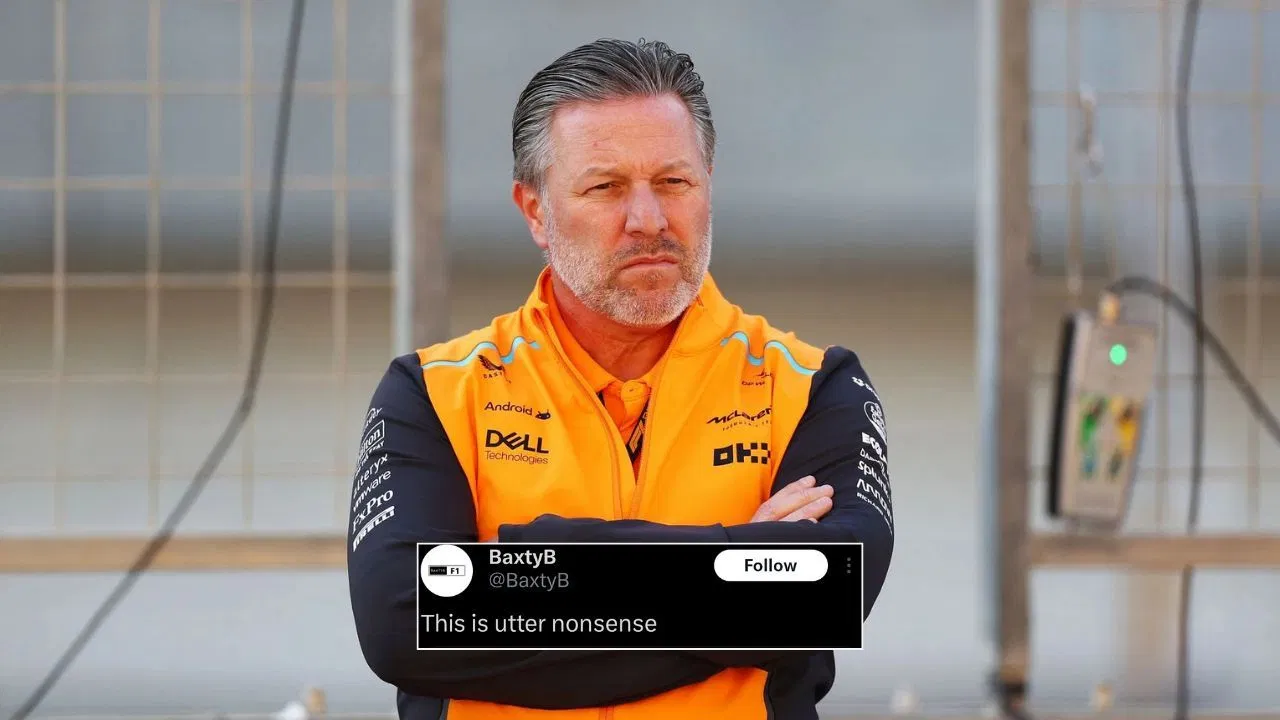Copyright syracuse.com
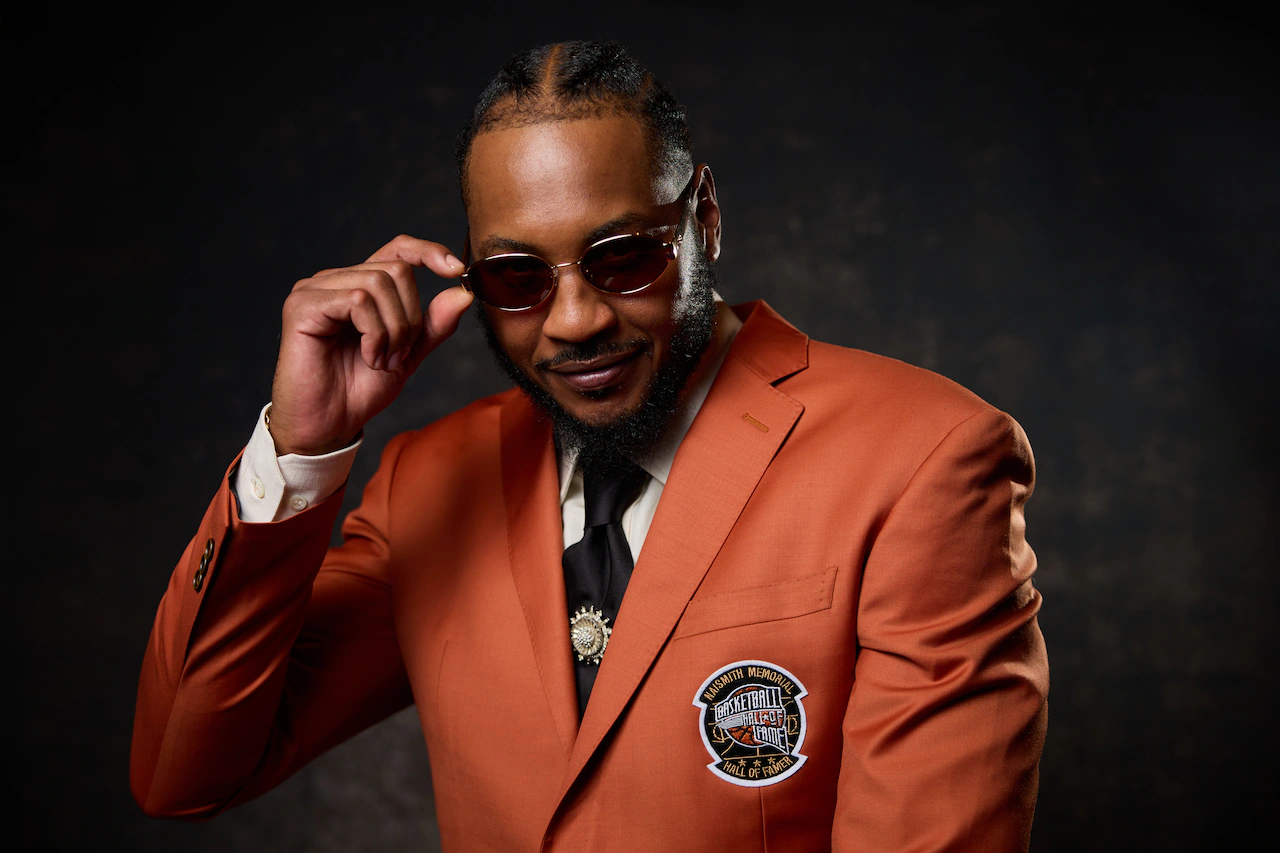
By Michael Lee Baltimore - Carmelo Anthony used to question how fame and fortune found a kid from Myrtle Avenue yet eluded the friends who stepped over those same needles and vials to play late-night basketball games, who saw those same dead bodies in alleys, who avoided those same “dope fiends” wandering the neighborhood that inspired the television series “The Wire.” In becoming the first Baltimorean to be inducted to the Naismith Memorial Basketball Hall of Fame, Anthony would often find himself overwhelmed by survivor’s remorse: Why me? Why was I the one who made it? But Anthony’s concern over “why me?” was never met with confusion over his why. “My why was chosen for me,” Anthony said in a recent interview. “My why was: Get the hell up out of this situation.” That Anthony went on to become a McDonald’s All-American, win a national title as a freshman at Syracuse, make 10 All-Star appearances over a 19-year NBA career, win three Olympic gold medals and become immortalized with an orange jacket in Springfield, Massachusetts, are remarkable accomplishments in any era. That perseverance is being celebrated by his hometown with “House of Melo,” a shrine to his achievements that will be on display at the Enoch Pratt Central Public Library through Dec. 20. But the chances of another Anthony blossoming from hardscrabble beginnings have been reduced from already minuscule levels. In an age of specialized youth sports, a significant financial commitment is required to thrive and be recognized. Basketball hasn’t become a country club sport, but the pathway to reach the NBA has improved for those with means - and left those with fewer resources facing an even steeper climb. “It’s nothing new. It’s hard for kids to make it out the hood when you don’t have hope, you don’t have no resources, you don’t have access. You have to be different, different, with a lot of luck to come out of those environments,” said Anthony, who added that he has noticed a shift in basketball culture. “I do think it has gotten there, to this kind of rich man game.” Anthony speaks from experience. He’s rich. And his son, Kiyan, who has begun his freshman season at Syracuse, took a markedly different path to the school where Anthony’s name adorns the basketball practice facility. With a father who earned more than $400 million in salary and endorsements over his career, Kiyan had a privileged upbringing - and he hopes to use the genetic and economic advantages that came from his father’s success to join an increasing parade of second-generation NBA players. For someone who used to go on chicken box runs with friends, scraping together just enough money for a “wing and a half” dinner, Anthony can’t relate. “We laugh about it. He’s like: ‘I didn’t go through that, man. I don’t want to hear all them stories,’” Anthony said of Kiyan. But as Kiyan has matured, Anthony said, he has gained an appreciation for the sacrifices that were made on his behalf. “Now, he’ll tell me, ‘Thank you, Dad.’ I think he understands that a lot of people had to crawl and walk in order for him to run.” Anthony recognizes the role his environment played in sharpening his competitive drive growing up (“It just automatically gives you a certain type of grit and toughness,” he said. “You always fighting. You fight everybody. If you ain’t locked in, you gonna get locked out”), but he has watched Kiyan compete enough to know that he didn’t need to come from the hood to have an edge. Still, every time he would ask Kiyan what motivated him to be good at basketball, the younger Anthony couldn’t give him an answer. “He finally came to me and said, ‘I understand my why,’ ” Anthony said. It is “for him to carry on what’s been built. And for an 18-year-old to come to you and say, ‘I know my why, Dad,’ that was powerful.” The “House of Melo” exhibit offered Anthony, who is now a studio analyst for the NBA on NBC, another moment to appreciate how far he has come. Featuring photos, memorabilia, artifacts, music and motivational quotes, the interactive display serves to encourage the community that Anthony loves and one that continues to embrace him. “You belong to us,” Baltimore Mayor Brandon Scott (D) said at the exhibit’s ribbon-cutting event, which included Maryland Gov. Wes Moore (D). “Because this is the place where you got your grit. This is the place where you got that spirit. This is the place where hooping became your sanctuary to the world.” Anthony nodded as Scott - who, like Anthony, hails from the west side of the city - praised him for having already reached the “Project Survivors Hall of Fame.” Moore used his remarks to remind children that Anthony had the talent and determination but wouldn’t have made it without putting in the work. “Carmelo was always willing to wake up earlier than everybody else. He was always wanting to stay up a little later than everybody else,” Moore shouted from the podium. Anthony took the stage next and offered one correction: “Gov, I don’t know about waking up early, but I stay up late.” He then told the crowd, “It’s going to be ups and downs. It’s going to be turmoil. It’s going to be doubt. It’ll be haters. It will be people who will love you, people who want to uplift you. But how you stand on your ground, how you stand on your deen, that’s how you will be known and how you’ll be appreciated. … I want to see the next Melo come from B-more.” Does he believe it’ll happen? “One thousand percent,” said Anthony, who backs the Team Melo AAU program. “The talent is in the hoods, and we have to get back to … planting those seeds and taking that talent out and giving them the access and the resources, which is something I’ve always done.” Anthony said he marvels at the life he has “all the time,” but he no longer asks himself why he’s in this position. Years ago, he gave himself an answer that provided peace and fed his ambition. “I deserve it,” he said, a sly grin flashing beneath his Baltimore cap.
